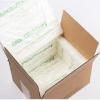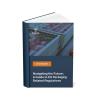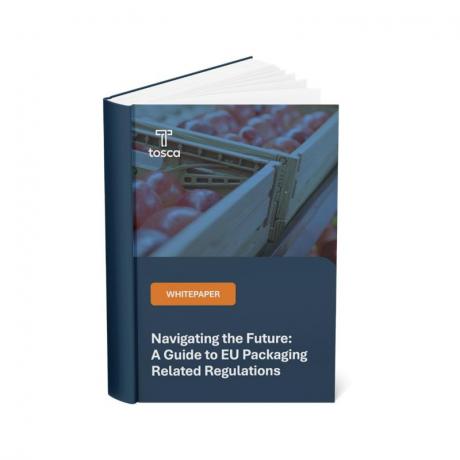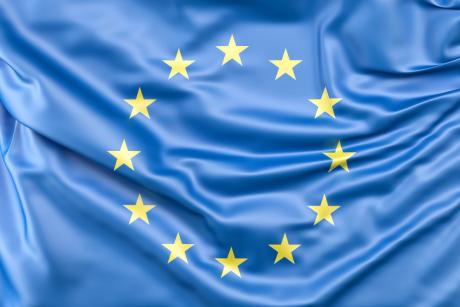Immagine di upklyak su Freepik
Following the release of the European Commission’s proposal for a Regulation on packaging and packaging waste, Freshfel Europe is calling on decision-makers to enact sustainable and functional harmonized EU packaging rules for fresh fruit and vegetables. The current proposal targets the fresh produce sector with disproportionate and discriminatory measures in comparison to other food sectors, banning all single use packaging for fresh fruit and vegetables. While the fresh fruit and vegetable sector is supporting moves towards more circular and sustainable supply chains, including packaging types and materials, efforts must be led through science-based solutions with true results as opposed to politically driven bans. In the last few months, divergent national packaging legislation has begun to endanger the good functioning of the Single Market and add unnecessary costs for operators.
On 30 November the European Commission released their long-awaited proposal for a Regulation on packaging and packaging waste. Under the new proposal single use plastic packaging, single use composite packaging or other single use packaging for fresh fruit and vegetables less than 1.5 kg will be banned on the Single Market. Freshfel Europe is calling for sustainable and functional harmonized EU packaging rules for fresh fruit and vegetables under the proposal, but without disproportionate and discriminatory measures. No other food categories are specifically targeted in the Regulation, supposedly defining general rules for packaging to circulate on the Single Market.
Freshfel Europe is advocating for sustainability packaging efforts to be led through science-based solutions with true results for sustainability enhancement. The Association is not supportive of politically driven blanket bans, such as the proposal’s ban, that are not supported by due environmental footprint analyses.
Philippe Binard, Freshfel Europe General Delegate commented:
The fresh fruit and vegetable sector is committed to enhancing the category’s sustainability to help reach the EU’s climate neutrality target by 2050. We have proven this through our long use of the reusable pallet pool systems and recent investments such as in home compostable labels. However, EU packaging regulation must be proportionate and result in actual positive environmental benefits”. Mr Binard added, “EU packaging rules must reflect the sector’s needs to use functional and the most environmentally beneficial packaging to provide high quality and safe products to EU consumers for healthy, sustainable diets, without any unintended consequences such as food waste.
Freshfel Europe is supportive of the proposal’s exemption given to the ban for fruit and vegetables where there is a demonstrated need to avoid water loss or turgidity loss, microbiological hazards or physical shocks. However, neither a list of exact products nor how these aspects should be demonstrated is defined. The Association is also supportive of the proposal’s mandate on the use of industrially compostable fresh produce labels with a two-year transition period.
The Association has been working constructively with the European Commission on the sector’s packaging needs for several years. Nicola Pisano, Freshfel Europe Director Sustainability, declared:
The proposal is an opportunity to reduce trading complexities resulting from current divergent national implementation of the Single-Use Plastics Directive, but this should not equate to extending the scope of that Directive. In the Regulation process, policy makers must examine packaging requirements through life cycle analysis per product to achieve truly sustainable and circular solutions. We are looking for a high level of harmonization in the proposal, including technical details, to avoid further operational complexities hindering sustainability objectives.









